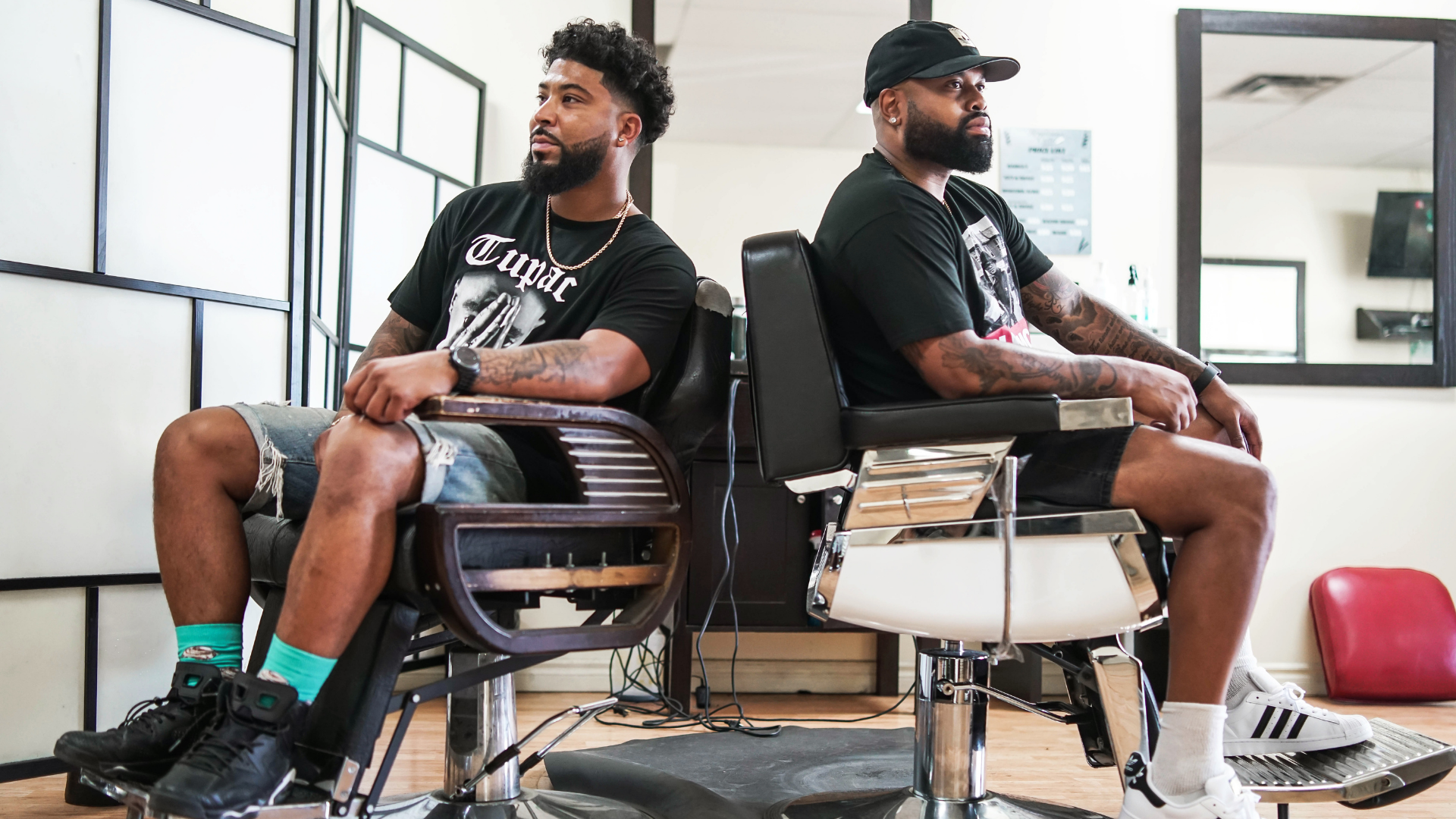

Shattering stereotypes surrounding Black men and Black communities
Growing up in the nineties, boys like us were taught to never show emotion. Boys like us found role models in the men on television who dribbled basketballs like yo-yo’s and dodged defenders on the football field. They taught boys like us to be tough. By high school, we perfected the “mean mug”; the cold stare Black boys would make at other Black boys, quasi jockeying for territory within those school hallways and neighborhood sidewalks. Boys like us were treated like men way before we ever thought about getting a driver’s licence. And because of that, Black boys like us never talked about mental health.
A lot has changed since we were teenage kids growing up in Scarborough (Canada). We are at this critical moment in time where representation matters. Since we are no longer the boys but now the teachers, the men, it is our responsibility to shatter yet another stereotype of Black masculinity.
We didn’t start #QuarantineEd in the early spring with that vision. Initially, we wanted to create a platform for teachers to share their concerns, questions, and experiences with the emergency learning us educators were thrown into due to the pandemic. But then another pandemic erupted. And #QuarantineEd became a site of refuge as well as a source of therapy for us. As Black men, it felt like they moved back the goal post in the middle of the game. As Black males and educators, navigating a global health pandemic while feeling like we were at the centre of a racial crisis, 2020 has been exhausting, to say the least.
It became exhausting precisely because of what we were taught as Black boys. In our (Black) communities, the stigma of mental health is a taboo topic. Young Black men are traditionally taught to be strong, to grow up fast, and to deal with our issues internally. When we combine our reluctance to speak on mental health with the racism that we experience, the result is often this burning rage and distrust that forms over the years. It isn’t healthy. The past few years we both have talked about making it a priority to speak to a therapist, if anything, to vent and get all this off and out. Both of us still haven’t made that appointment.
Movember may be the movement to push us to do more than to simply talk to each other about it. Part of our shared purpose as Black men who come from Scarborough, and embody the hip-hop culture we cherish, is to shatter those stereotypes that prevail about Black men and Black communities. Our goal as teachers, specifically Black male teachers, is to lead the conversation, especially with our young Black boys. Part of the essential learning we have to instill is teaching our youth how to talk to their peers, family, and community about their mental health struggles.
We have a responsibility to model it to this next generation. In the nineties, men like us were boys. We were taught how to be men but perhaps we weren’t taught how to be whole. We are decades removed from the lessons we once learned. Teaching boys how to be men must include teaching boys how to talk openly with their peers about their emotions. Masculinity is being comfortable in open dialogue about topics like mental health, not the opposite.